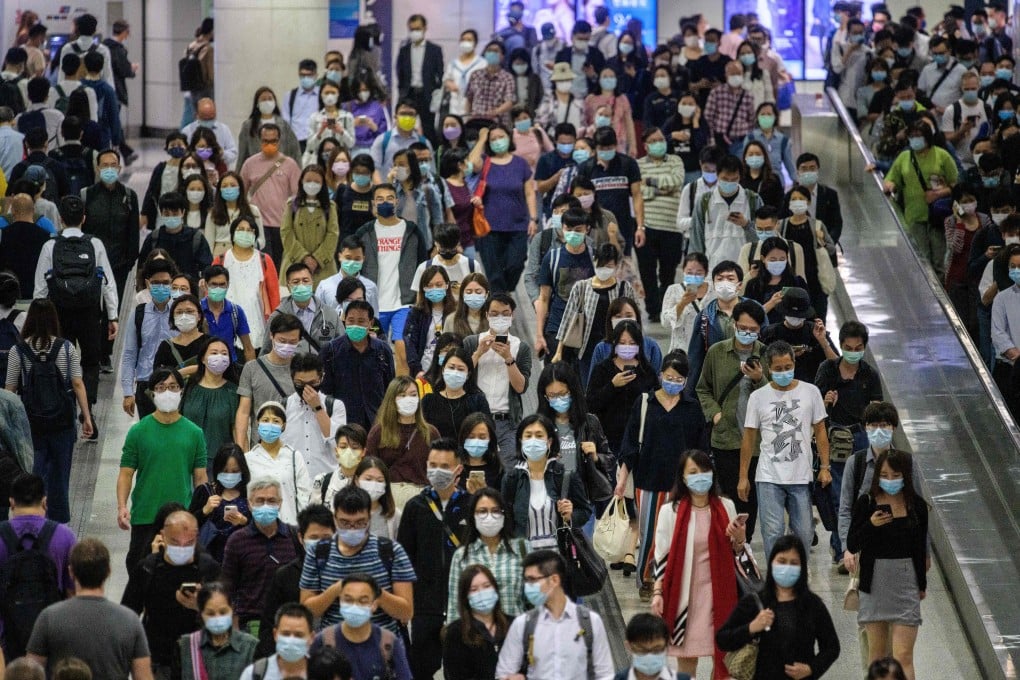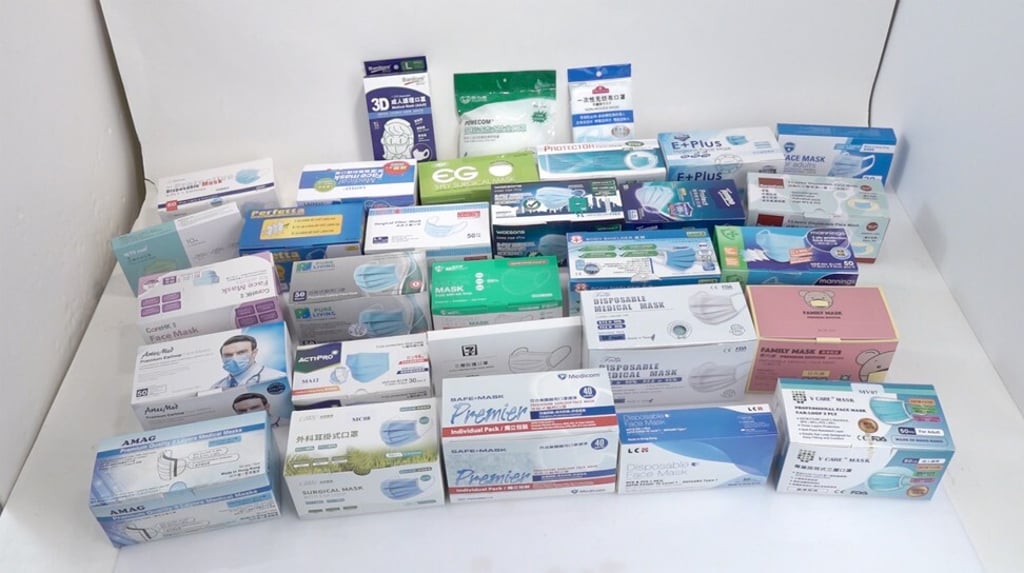Coronavirus: Hong Kong masks perform well against infections but many fail on hygiene and durability, Consumer Council study finds
- In tests on 30 models of surgical masks for sale in the city, consumer watchdog finds all but one meets basic infection prevention standards
- But 70 per cent fall short in other measures relating to bacteria levels, bodily fluid resistance and comfort

The vast majority of surgical masks on sale in Hong Kong meet minimum standards for protecting against infections, but 70 per cent of models have flaws in other areas such as hygiene and durability, according to a Consumer Council study.

Pharmacy chain Watsons, owned by city tycoon Li Ka-shing, was the most vocal of those disputing the findings, insisting its masks attained the highest American standards of protection.
The firm said it used the same laboratory as the one commissioned by the council to perform the tests, but found discrepancies between both sets of results.
All but one of the 30 models of single-use masks that the council tested reached 95 per cent or above for average bacterial filtration efficiency (BFE) and particle filtration efficiency (PFE).
By doing so they were judged satisfactory in terms of guarding against infection, reaching the basic level one requirement under the American ASTM F2100 standard.